- Car
- Mercedes-Benz
- Mercedes-Benz 123
- Mercedes-Benz W 123 (31 offers)
Mercedes-Benz 123 W 123 For Sale
The Mercedes-Benz W 123 series, produced from 1976 to 1985, is a legendary classic in automotive history. With over 2.7 million units produced, the W 123 is the best-selling model from Mercedes-Benz. The series was developed in the early 70s, led by designers like Friedrich Geiger and Bruno Sacco. A testament to German engineering, the W 123 is synonymous with reliability and durability—qualities that give it a legendary status among classic car enthusiasts. It was available as a station wagon, known as the T-model, and as a coupé with a sleeker roofline. Several gasoline engines with carburetor or injection options were offered, but taxi drivers primarily chose diesel engines. Its successor, the W 124 series, introduced the E-Class name for these models in the executive mid-size segment.
Search results
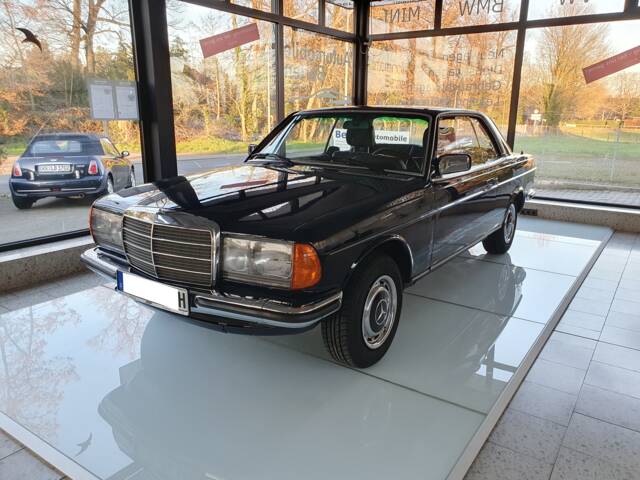
1982 | Mercedes-Benz 230 CE
Komplettrestauration! H-Kennzeichen!
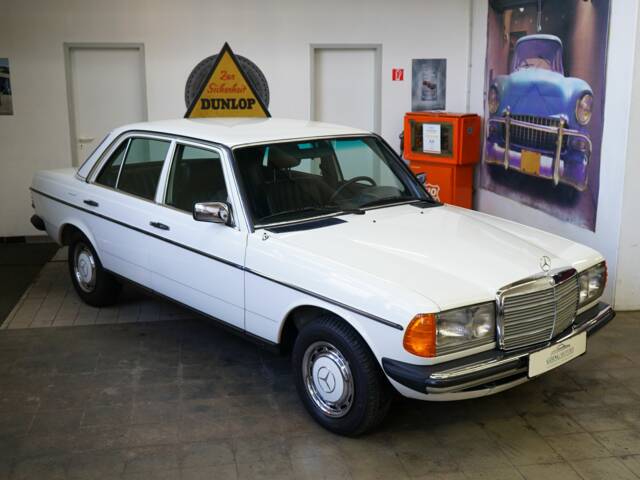
1984 | Mercedes-Benz 300 D
Original 19.893km mit Leder und Klima
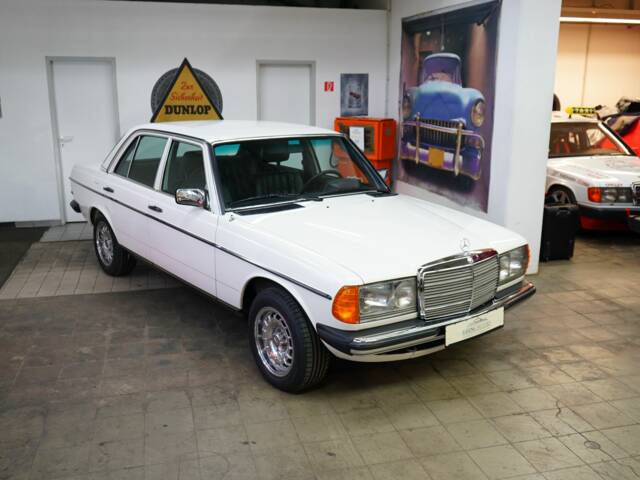
1984 | Mercedes-Benz 300 D
Original 19.890km mit Leder und Klima
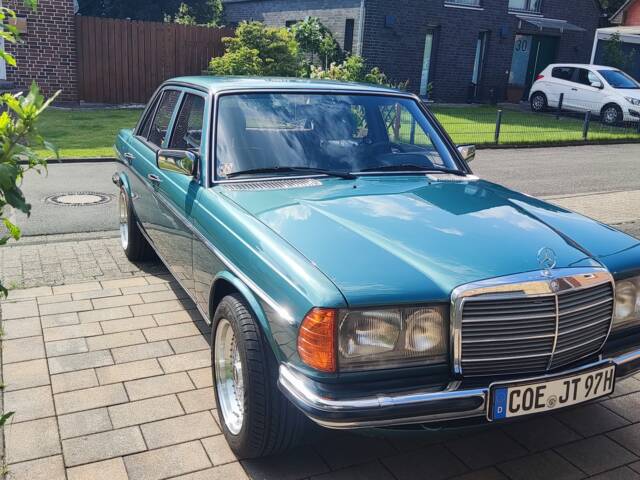
1980 | Mercedes-Benz 280 E
Außergewöhnlich schöner W123
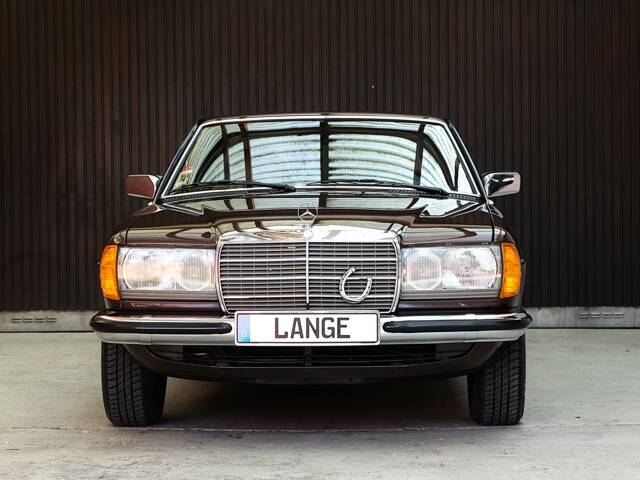
1983 | Mercedes-Benz 230 CE
German 230 CE with only 18,890 km, AS NEW!!!!!!!
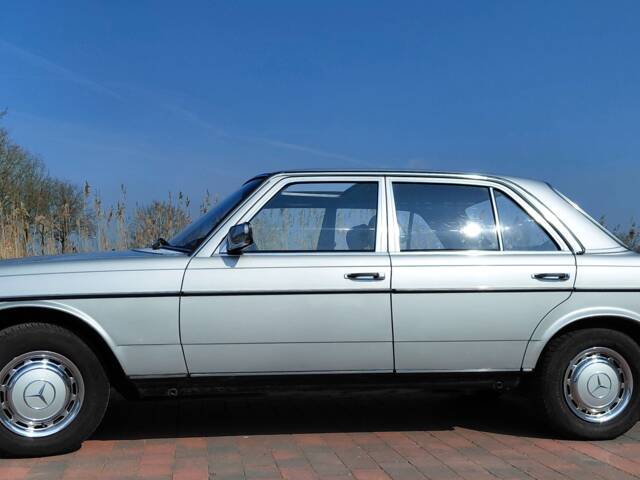
1984 | Mercedes-Benz 200
Original und rostfrei
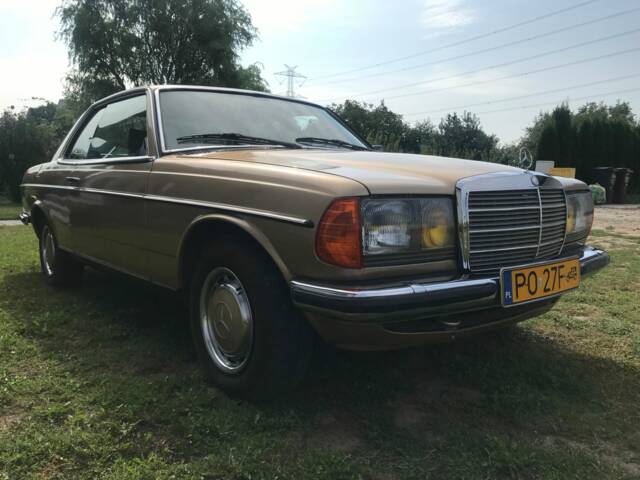
1982 | Mercedes-Benz 230 CE
Mercedes-Benz 230 CE | 1982
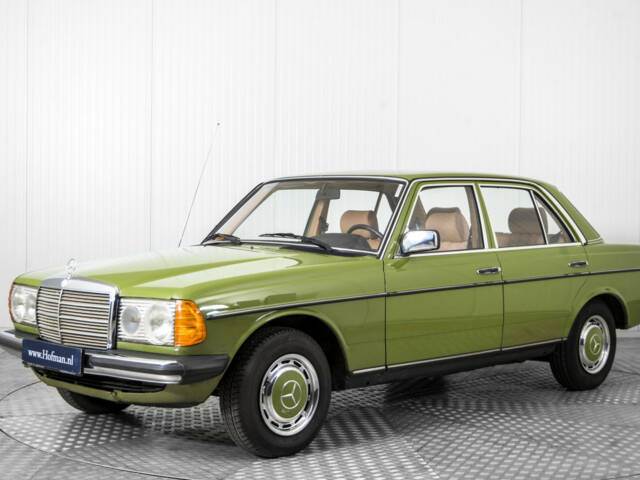
1982 | Mercedes-Benz 200 D
Mercedes-Benz 200-280 (W123) 200 D
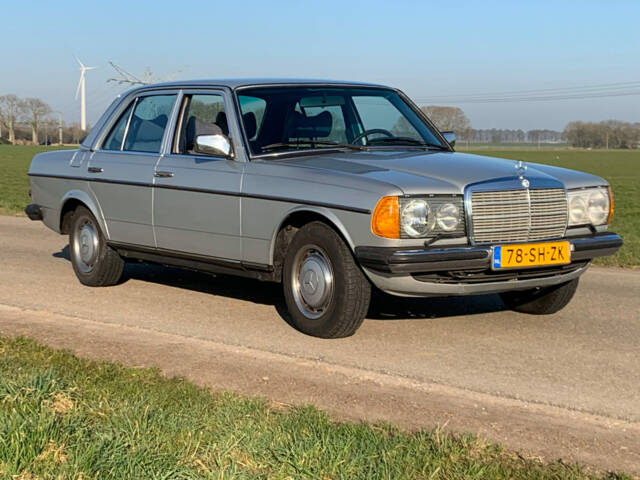
1978 | Mercedes-Benz 250
Mercedes-Benz 250 | 1978
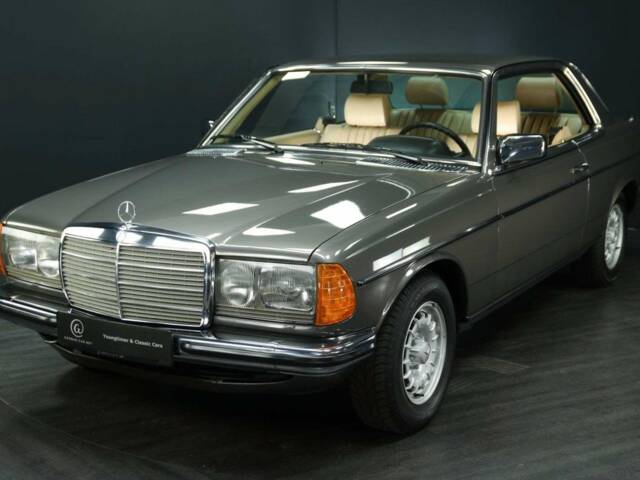
1984 | Mercedes-Benz 280 CE
Mercedes-Benz 280 CEAut./Klima/Airb./Leder/elFH/Sitzheizg/CD
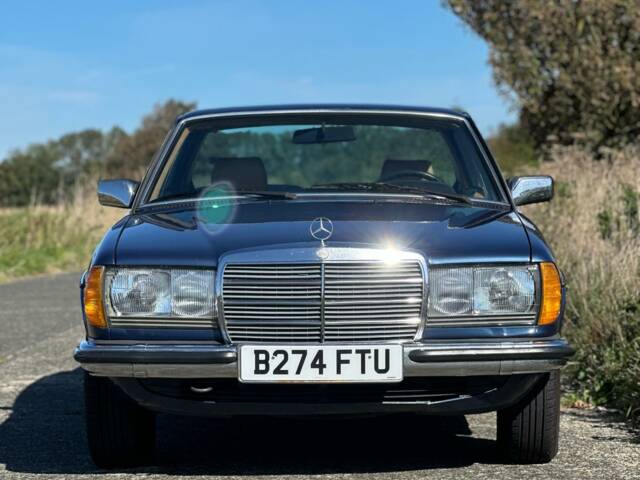
1985 | Mercedes-Benz 280 CE
Rare W123 Coupe Rust Free Classic
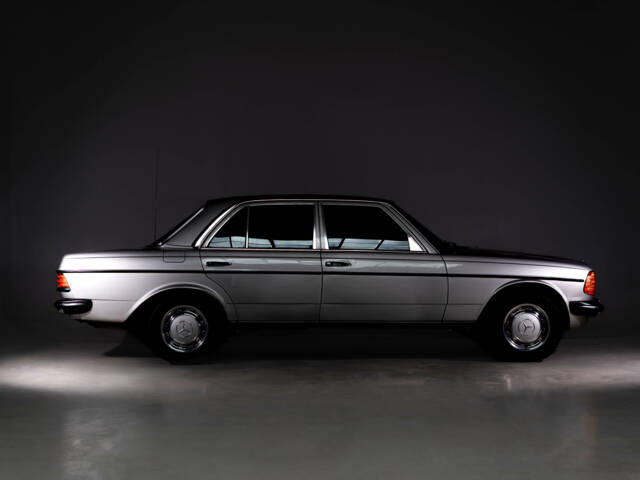
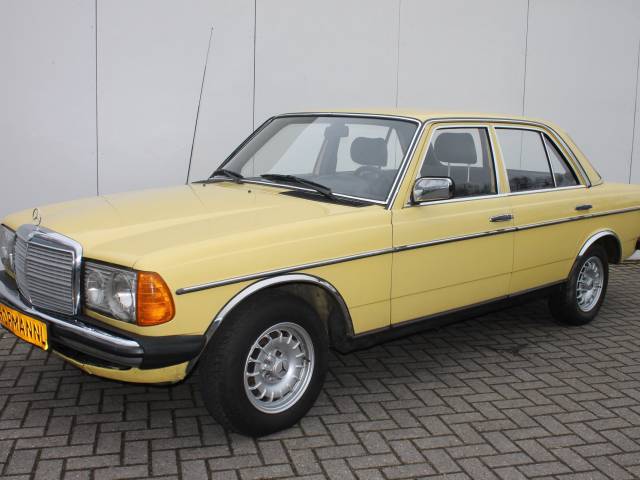
1982 | Mercedes-Benz 200 D
Mercedes-Benz 200-serie 200 D
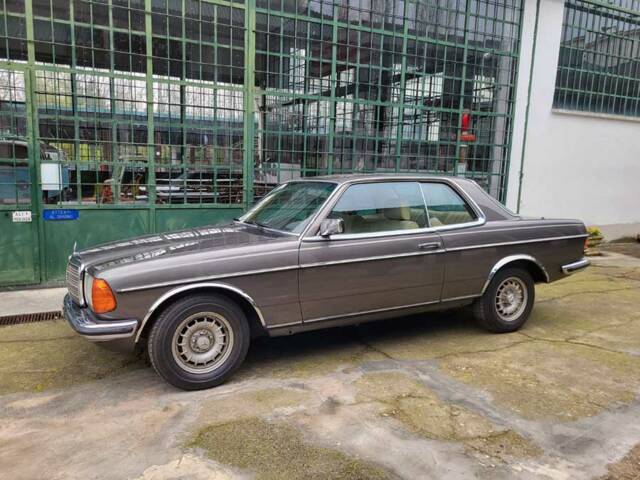
1983 | Mercedes-Benz 280 CE
Mercedes 280 CE W123 – 1983
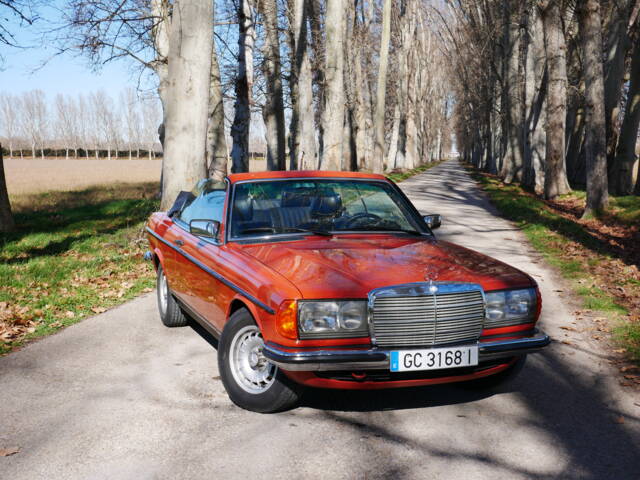
1977 | Mercedes-Benz 230 C
Mercedes-Benz W123 230C Bahr Cabrio – Classic Elegance Under the Open Sky
Features of the Mercedes-Benz 123 Series
The Mercedes-Benz W 123 series set new standards in vehicle safety with innovative crumple zones and a robust passenger safety cell. It was the first Mercedes available in a station wagon version, the T-model (S 123 series). The design concept took cues from the S-Class W 116 series but combined unique design elements. A notable feature was the optional passenger airbag from 1980. Despite changing demands, the W 123 still remains relevant: current figures show that the W 123 accounts for about 3.1% of all Mercedes vehicle ad views, highlighting its enduring popularity.
Technical Data of Mercedes-Benz W 123 Models
Weaknesses, Maintenance, and Reliability
The Mercedes W 123 is renowned for its reliable driving experience. However, like many classic cars, it can exhibit age-related issues over time. Common weaknesses include rust in jack mounts and door bottoms, occasional headlamp failures, and broken front suspension springs. Despite its robustness, the W 123 requires regular maintenance to stay in top condition, with rust protection being crucial to vehicle preservation.
Engine Performance and Driving Characteristics
The W 123 offered a wide range of performance options, from fuel-efficient models like the 240 D with 72 HP to the powerful 280 E with 185 HP. Rear-wheel drive and well-tuned suspension provide a comfortable driving experience that continues to be appreciated today. An added bonus is that unlike more modern vehicles, maintenance remains relatively straightforward thanks to its simple mechanics.
Interior and Design
The interior design and comfort of the W 123 symbolize the quality of Mercedes models from the 1970s and 1980s. The combination of high-quality materials, ergonomic design, and understated luxury was groundbreaking. Special features such as the steel sunroof and automatic climate control make the W 123 a practical classic for everyday use.
Conclusion
The Mercedes W 123 remains a sought-after vehicle in the classic car market. Its legendary reliability, top-notch craftsmanship, and timeless design ensure a secure place in automotive history. As a potential buyer, focus on finding a well-maintained example and be prepared to invest time and energy into securing a car in great condition.